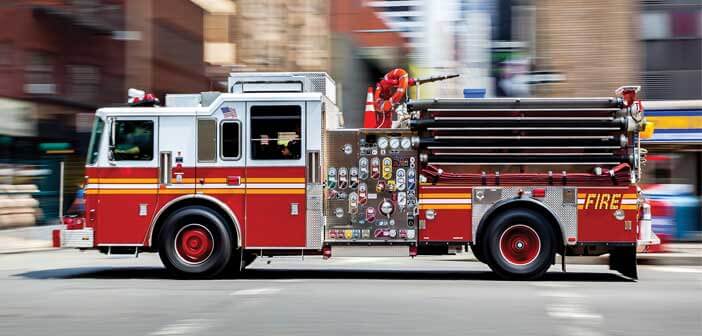On Dec. 1, 2013, Kari Hunt Dunn was fatally stabbed by her estranged husband at a hotel in Texas, where she’d brought her children to visit with their father.
Her oldest daughter, who was nine at the time, repeatedly tried to call 911. But, because the hotel’s phone system had been designed to require the dialing of 9 to reach an outside line, she wasn’t able to reach authorities who could help her mother.
During a civil suit, filed by Dunn’s father against her killer and the hotel, experts testified that the delay in getting first responders’ aid was, in part, responsible for her death.
Following Dunn’s death, two federal regulations were enacted in the U.S.—RAY BAUM’s Act and Kari’s Law—which requires direct 911 dialing and notification capabilities in multiline telephone systems (MLTS), which are typically found in enterprises such as hotels, office buildings and campuses. As of Jan. 6, 2022, all enterprises must comply with each of the requirements of the two regulations.
While the laws have been in effect for more than a year, according to Metrigy’s 2021-2022 Workplace Collaboration Report, only 57% of enterprises believe they are compliant with RAY BAUM’s Act.
Thomas Ginter, sales engineer/911 expert, Bandwidth, a global communications software company, said that, given these new regulations, the first action point for hoteliers is to know what their phone system can do and what the rules are.
“There are three parties [that should be involved]when you are beginning these conversations,” he said. “There is your business manager, your IT professional— who understands your phone system—and your lawyer. These three parties need to have the conversation first. You can’t interpret the rules unless you’ve got a lawyer to tell you what your guideposts are. Always consult with a lawyer.”
He said there are four aspects of the laws that hoteliers should be aware of to become compliant.
“The first one is for a phone dialing the digits 911 must be able to be done natively without prefixes or other engaging mechanisms,” said Ginter. “Almost every phone system that is out there can be jiggered and commissioned to fulfill that requirement.”
The second part of the regulations requires that when an emergency call is made within the bu, it must go directly to authorities without any interference or interruption.
“Many phone systems in hotels are configured such that any call that’s being dialed out to a 0 or a 1, or even a 911, goes to the front desk first,” he said. “They check it out and then will proceed to move forward with a call. That is now disallowed. The call must go directly to public safety, not to an intervening unqualified individual.”
Even if a large hotel has its own 24/7 security complex, no intervention is permitted.
The third aspect of the regulations is that the system must provide adequate information for authorities to locate the caller. The information cannot just include the address of the location, like a hotel, but provide as specific information as possible including room number, if possible. For example, if someone calls from a room and says they are having heart palpitations, and the authorities are only provided with a main address, valuable—possibly lifesaving—time will be lost in trying to locate exactly where that person is.
The fourth requirement is that once an emergency call is made, a notification must be sent to an appropriate party onsite to prepare for the arrival of the first responders. “Most phone systems can generate an email or text message that says a 911 call has taken place,” said Ginter. “It is now mandated by law that a responsible party needs to receive that information.”
That person can prepare for the arrival of authorities by doing things like locking down the elevator so it is available when they arrive and provide a key card for easy entry into the room—preventing the time delay of potentially breaking down a door.
“That is the kind of preparation that the rulemaking wants to see within the business entity,” he said. “It is most pertinent to hotels because hotels by their very definition have non-employee and non-trained individuals making the 911 call from the get-go.”
While Ginter stressed that he is not a lawyer, he did say that noncompliance with the regulations could lead to civil liability. “This is why the business manager is part of the trio of individuals that need to have the conversation,” he said. “The business manager needs to understand what the liability risks are for noncompliance.”


